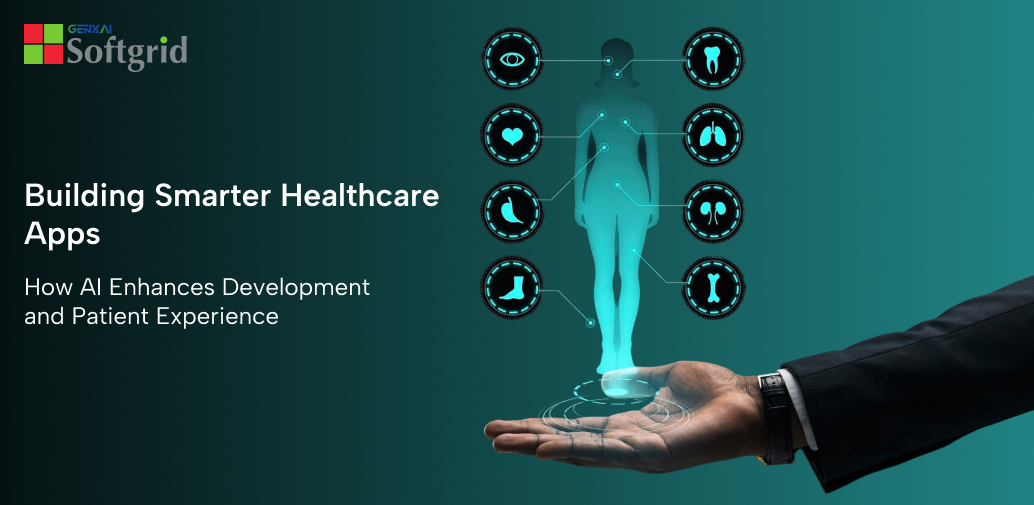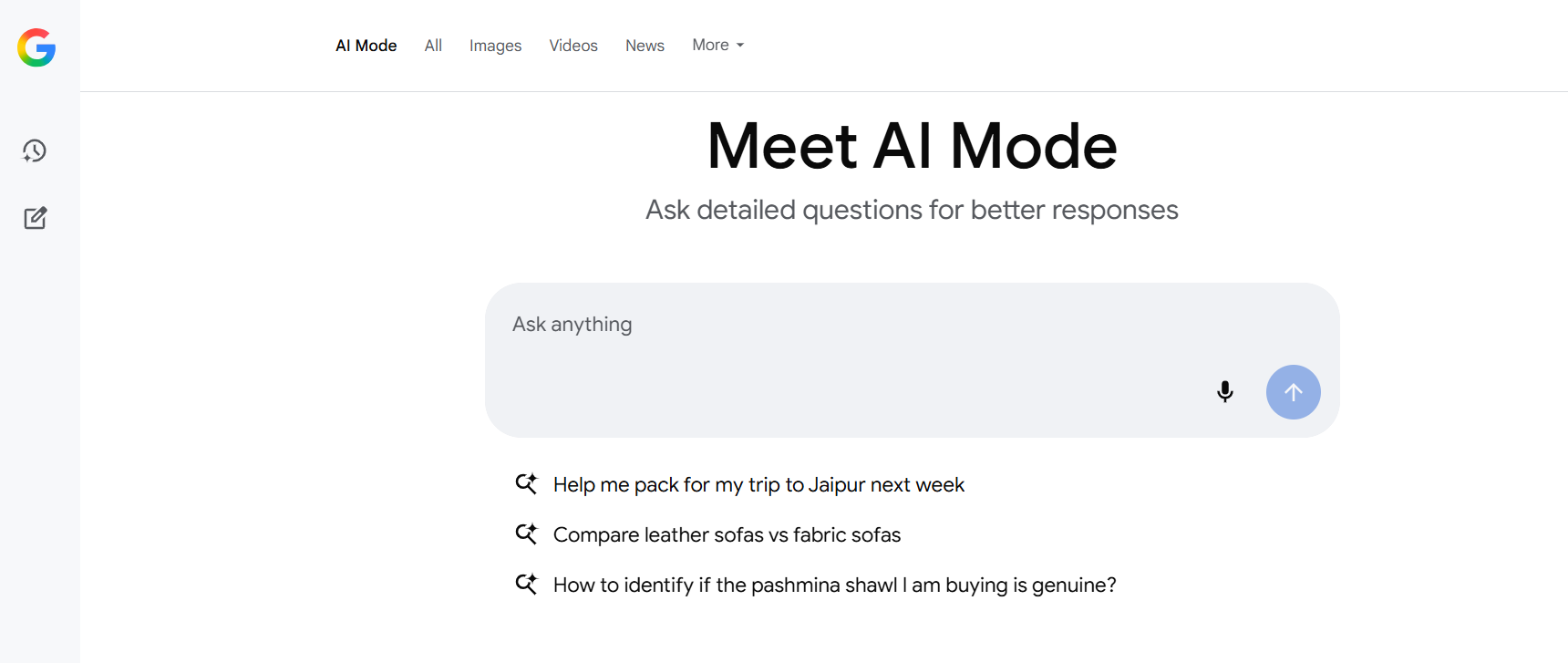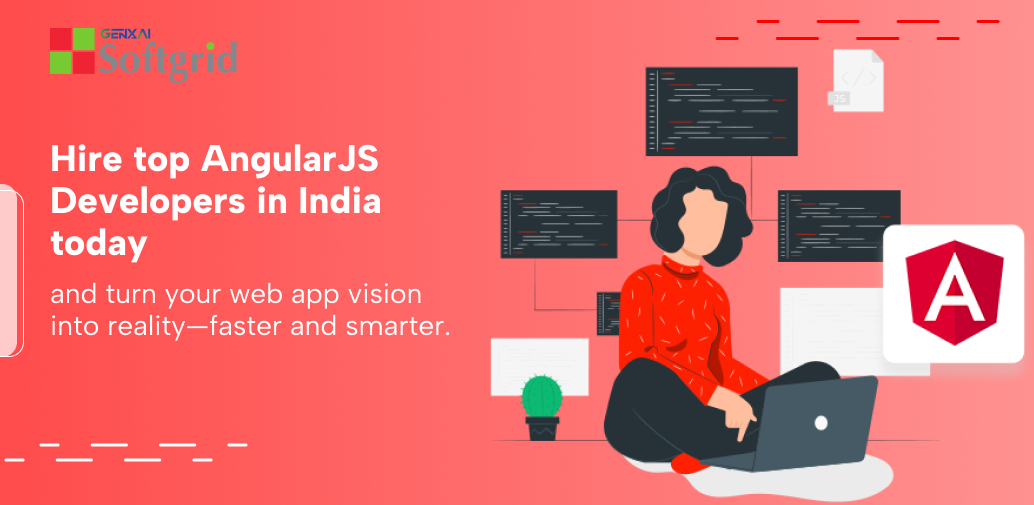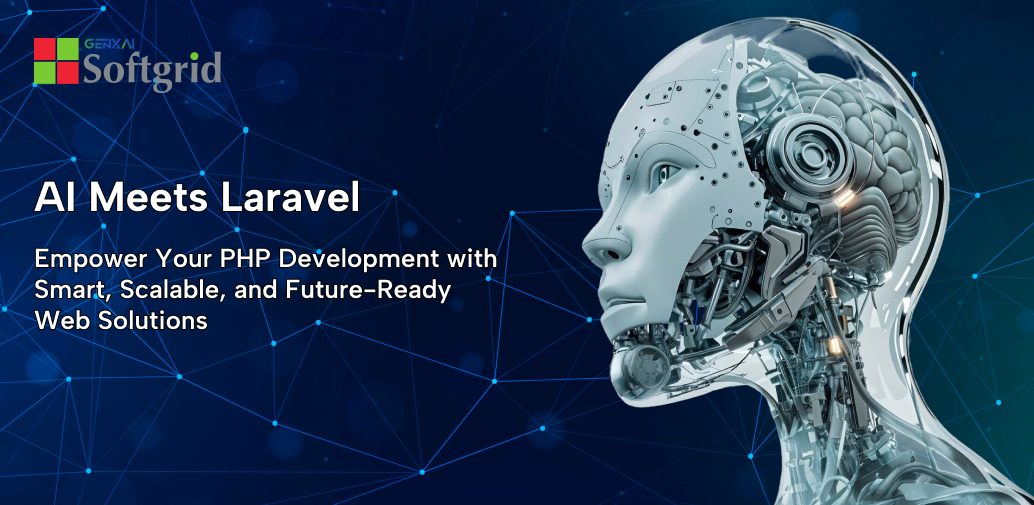Internet of Things is surely the next biggest advancement in technology. Its application will require a highly sophisticated infrastructure, one that could potentially take years in the making. Let us discuss some tools that developers could employ for building next-generation IOT applications.
#1- Eclipse IOT
Eclipse IOT has been designed with a view to build Internet of Things devices, gateways and Cloud platforms. This has been designed on the premise of building an ecosystem of individuals and companies that are collaborating with each other to establish a world of Internet of things which is based on open source technologies. This collaboration emphasizes just on the development, promotion and adoption of this revolutionary open source technology.
#2- Dronesmith
This is a path-breaking area in the Internet of Things space. This technology has the potential to change each and every domain across the world. Dronesmith’s main purpose will be to simplify the use of drones and make it far easier.
#3- IBM Watson
The direction the world collectively is taking with the unprecedented use of social media, this tool is probably going to be one of the most popular ones. With IBM Watson, you can predict the future or understand if people like you in the social world. One of the most –focused areas in the future is going to be the areas of predictive analysis on IOT data. IBM Watson has made the job easier for developers by introducing API’s. You will be able to now recognize objects in images, understand conversation sentiment and many more uses.
#4- IFTTT
Everyone knows the innumerable services out there and what IFTTT aims to do, is consolidate them to make use of them in far simpler ways. For example, in the Smart Home world, IFTTT has a huge ambit of support for Wemo, Philips Hue, Nest and more. This turns them into the most ideal place to easily connect and control these devices.
#5- TESSEL 2
This is one hard-ware provider that is perfect for proto-typing and building basic solutions. The TESSEL 2 is a hugely beneficial way of taking advantage of different sensors and modules. The TESSEL 2 board provides over a dozen different modules which include an accelerometer, GPS, RFID, camera and more. One of the best features of TESSEL 2 is that it can be programmed using Node.js. This essentially implies that as a developer, you can definitely employ your Java Script skills to create the hardware firmware as well as backup server solutions.

#6-Canopy
Canopy’s main responsibility is to act as a cloud mediator between the IOT devices and cloud-based applications. It facilitates the quick, seamless and efficient development of IOT solutions for different purposes ranging from consumer to commercial and industrial uses. Canopy has a server-side component called the “Canopy Cloud Service” which is open source meant to run anywhere from anywhere including the public cloud, the private cloud, LAN, hybrid cloud or even as convenient from your laptop.

 Web and Full Stack
Web and Full Stack CMS and Frameworks
CMS and Frameworks Online Marketing
Online Marketing Cloud Services
Cloud Services ECommerce
ECommerce Mobile
Mobile



